Introducing The Things We Don't Say | Part 2
For years Hope for the Day has been talking about The Things We Don’t Say. Next month the organization will be expanding on that conversation in The Things We Don’t Say | Part 2. This two-hour education workshop is an interactive skill-building class designed to practice peer-to-peer proactive prevention.
The Things We Don’t Say | Part 1 lays the foundation of knowledge about mental health, stigma, providing support, and self-care. Part 2 builds upon that foundation providing a safe peer-led environment to practice having conversations about mental health. Part 2 covers spotting the signs of a mental health challenge, active listening, how to have the conversation, crisis response, and self-care in the midst of these discussions.
According to Hope for the Day’s Director of Education, Allison Herman, this type of class is necessary, especially now.
“I have found, especially in the last two years, that there is a huge need for a practical workshop in a low-stress environment for these types of conversations,” Herman said. “Because often the first time you’re having these conversations is when someone’s in crisis.”
When in a crisis situation, the last thing you want is to be racking your brain trying to think of everything you learned in Part 1. This is why Part 2 is designed to help you feel more prepared so that if and when the situation arises, you can focus on being present and listening instead.
Herman said that this sequel is a direct result of feedback from the original workshop. Attendees had more questions and what-if scenarios that couldn’t get fleshed out in Part 1. With this in mind, Hope for the Day crafted the follow up class to take a deep dive into how to help those facing mental health challenges and how they might respond.
“Part 2 came to be because a lot of people would go into the real world, remember the things they learned in class and they were like, ‘Oh crap this is hard. These conversations are tough,’” Herman said. “There’s a really big difference between watching someone talk about what to do and then actually do it yourself.”
This is why The Things We Don’t Say | Part 2 is interactive and dependent on attendee participation. Taking the time to test the waters during the workshop can help attendees feel more confident when facing that situation in their day-to-day life.
The class is available for anyone anywhere as it was built for Zoom. While building this program to take place over a screen, Herman said it was all about figuring out how “to connect with people in these wild times and teach it in a way that feels human.” By using a variety of activities and Zoom features, they’re able to do just that.
Participants will analyze different scenarios, use Zoom’s annotation tool and chat, and rehearse difficult discussions.
“These conversations are focusing primarily on getting really comfortable with having really uncomfortable conversations,” Herman said.
As uncomfortable as the conversation may be, they’re vital.
Taking the time to simply listen to someone talk about their struggles and story could be just what they need to know that someone cares. By breaking the silence of stigma, people can see that they’re not alone in their struggles.
Herman hopes that Things We Don’t Say | Part 2 attendees see that using this training can make someone feel valued and “encourage hope in someone else’s world.”
“I think learning these skills and practicing how to be empathetic and compassionate creates a place where you can respect somebody’s experience, treat somebody with dignity and respect, and also improve someone’s life.”
Upcoming education events at Hope for the Day can be found at peervention.org.
Remember, despite the things you’ve been through, It’s OK Not to Be OK.
If you or a loved one are going through a mental health challenge or would like more information on available resources in your community, please visit Hope For The Day’s Resource Compass.

